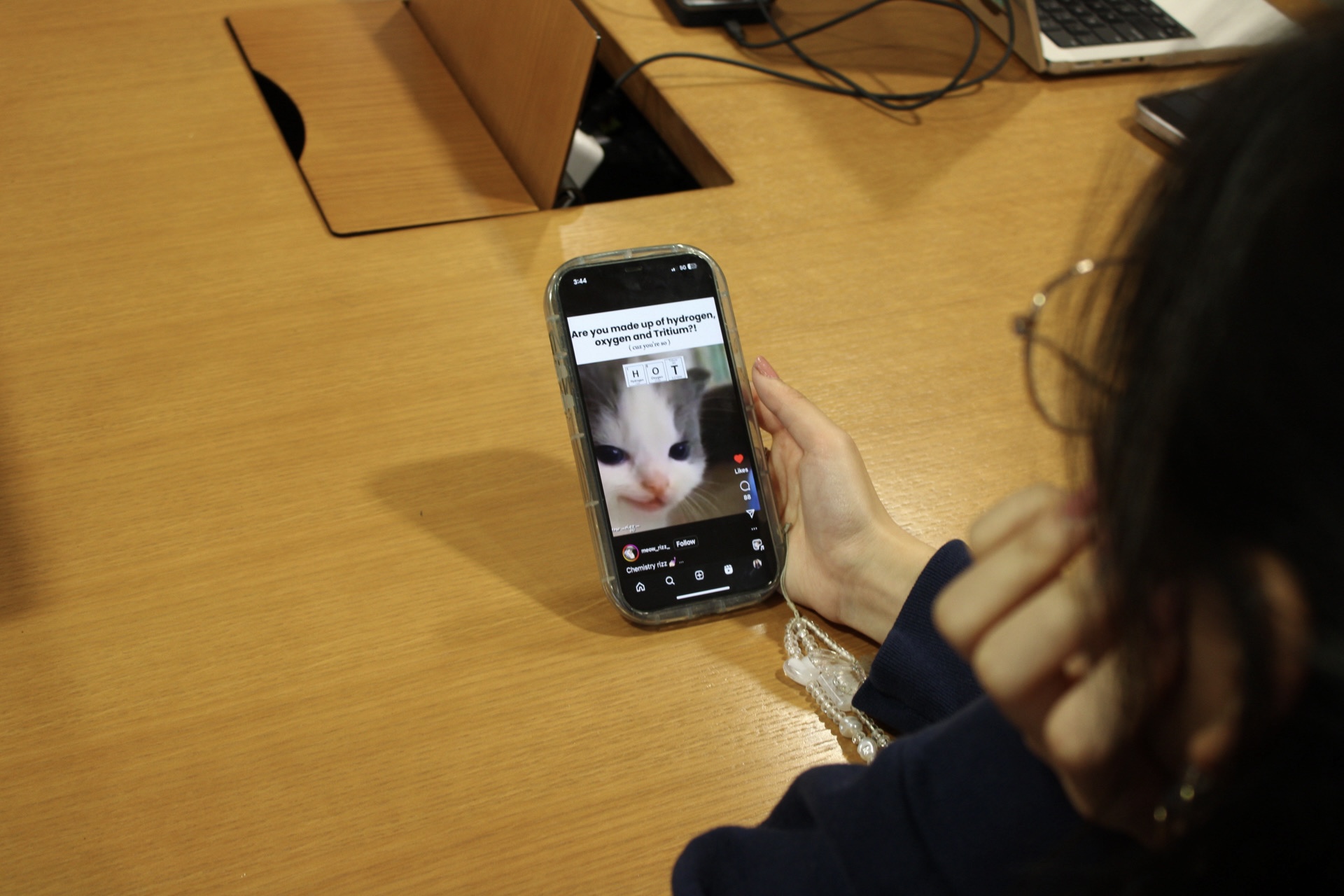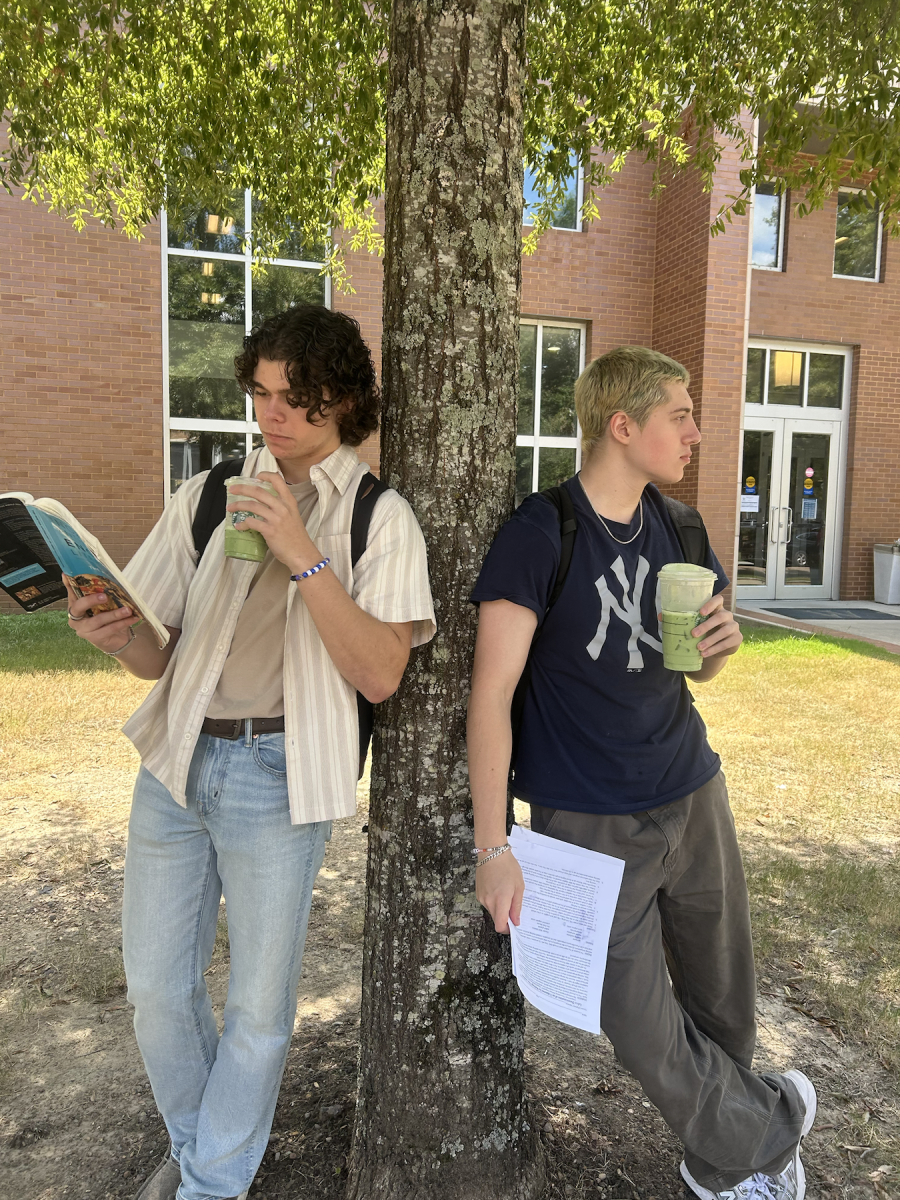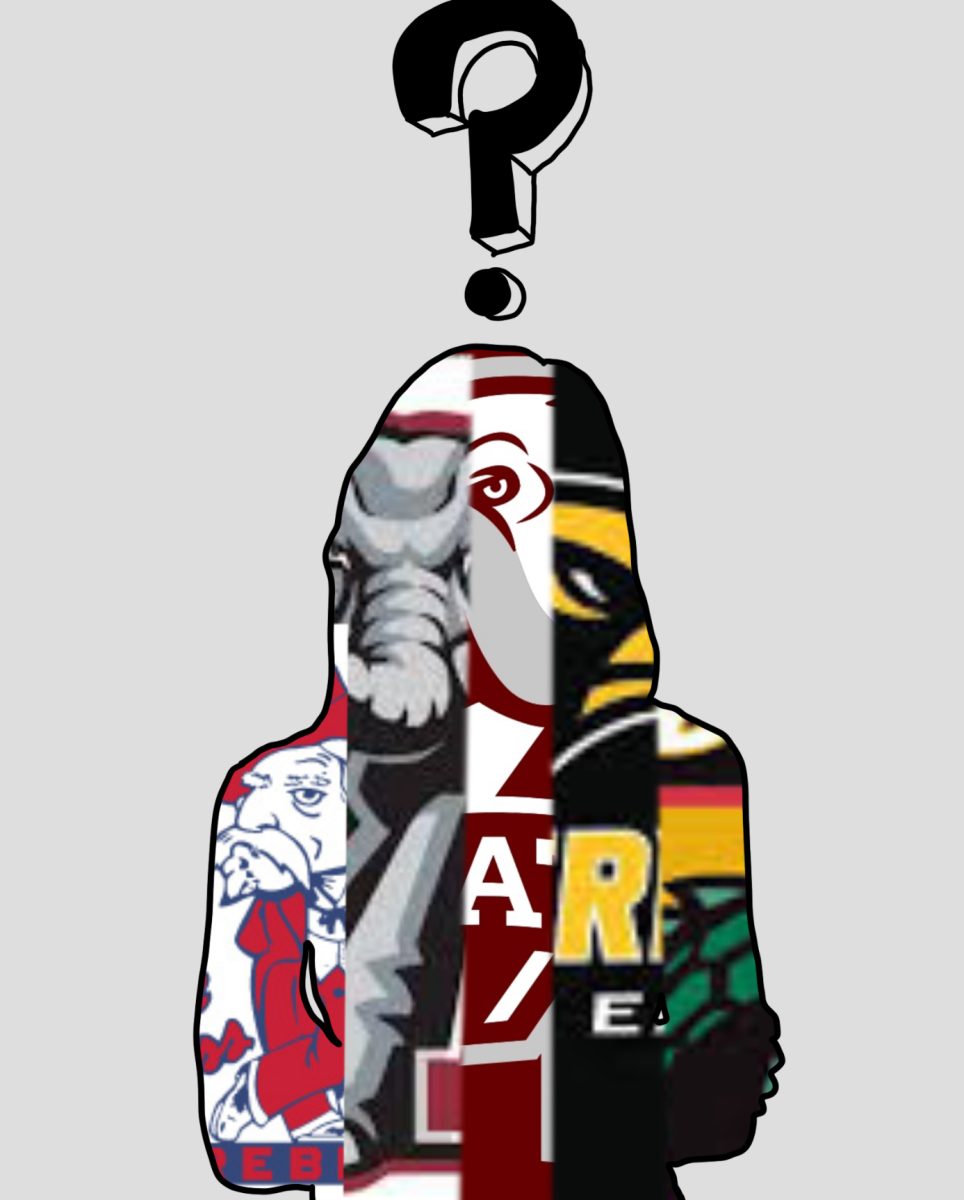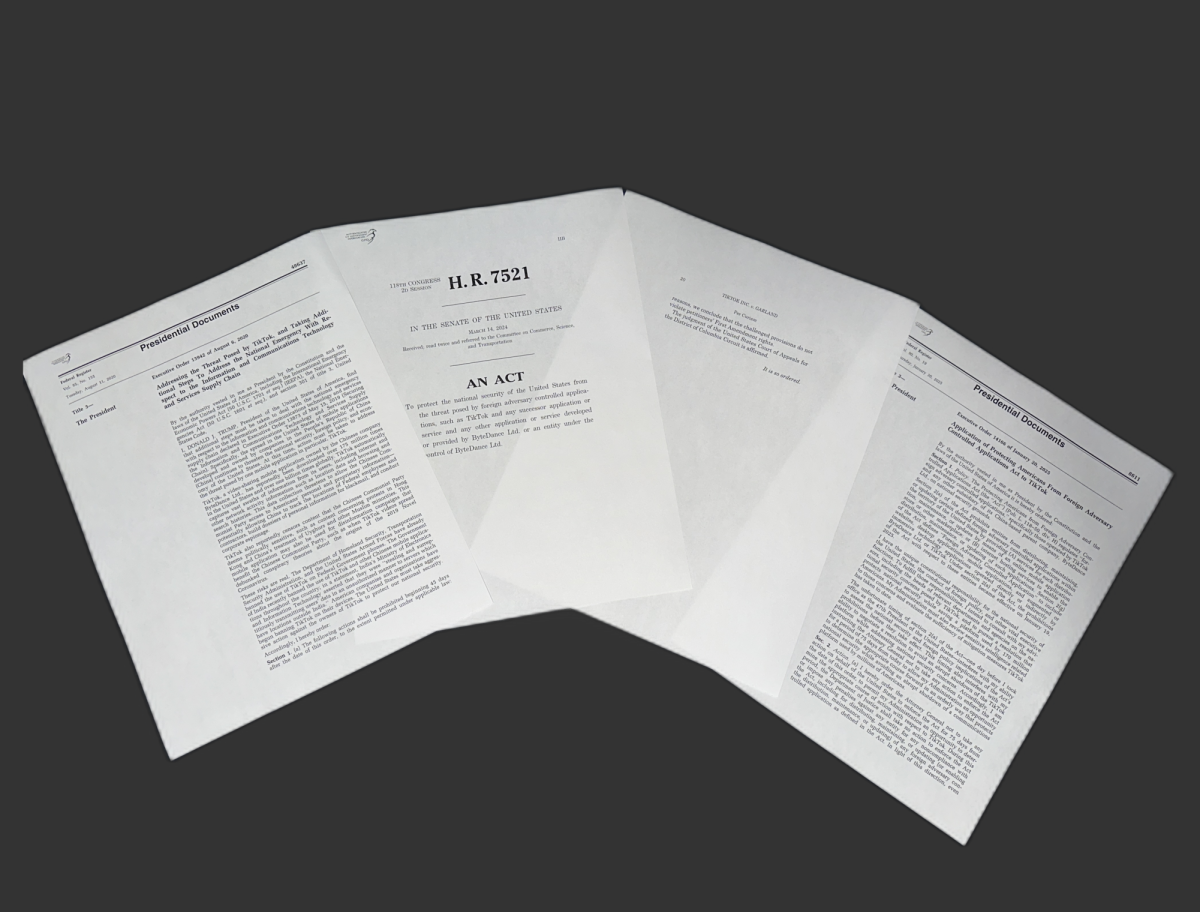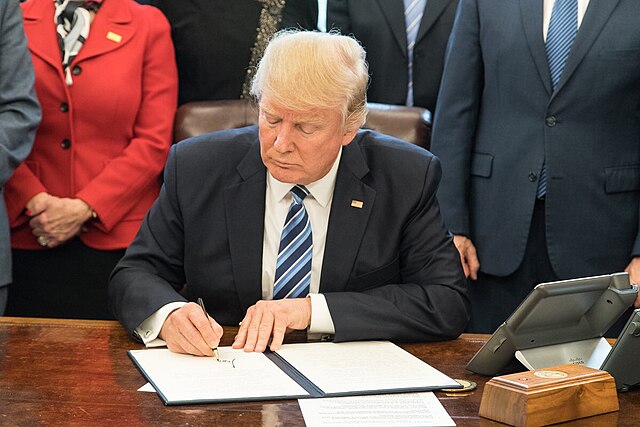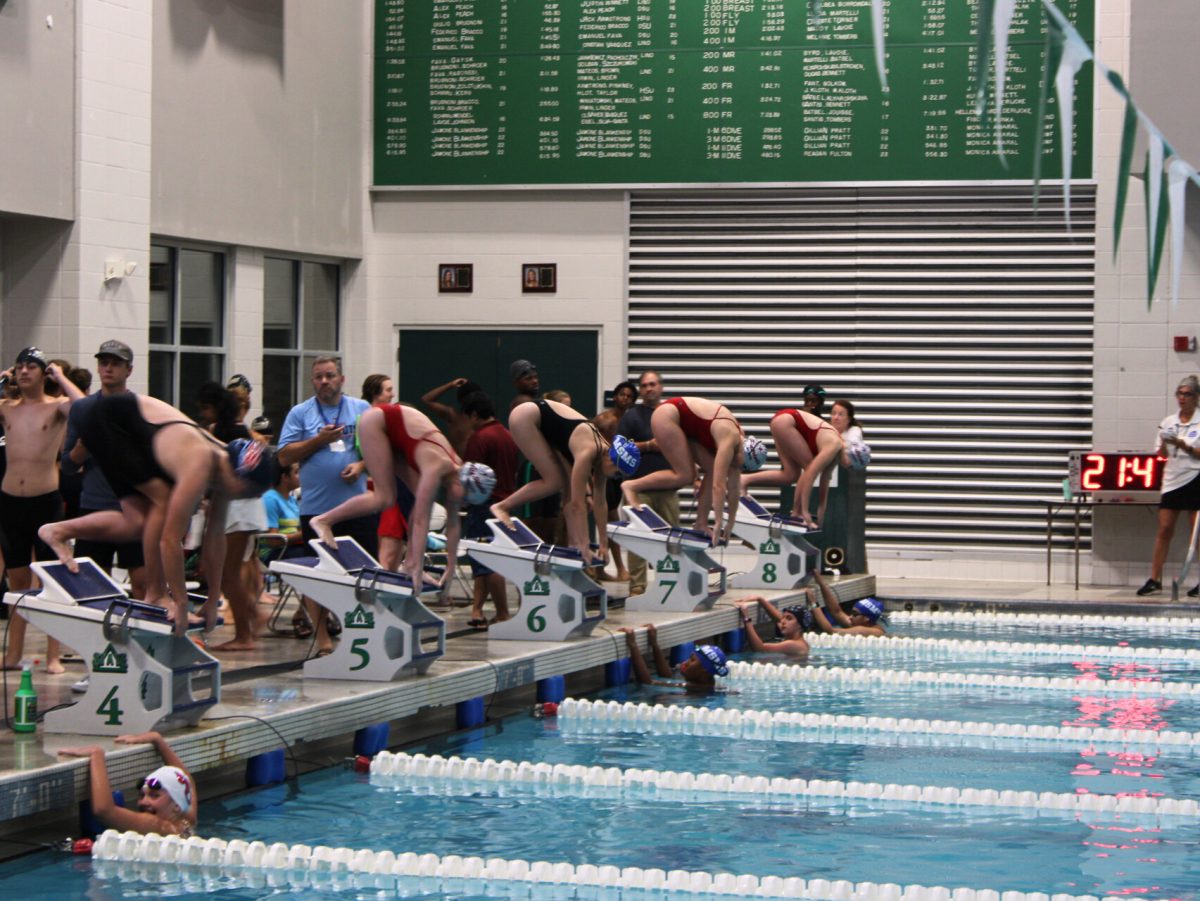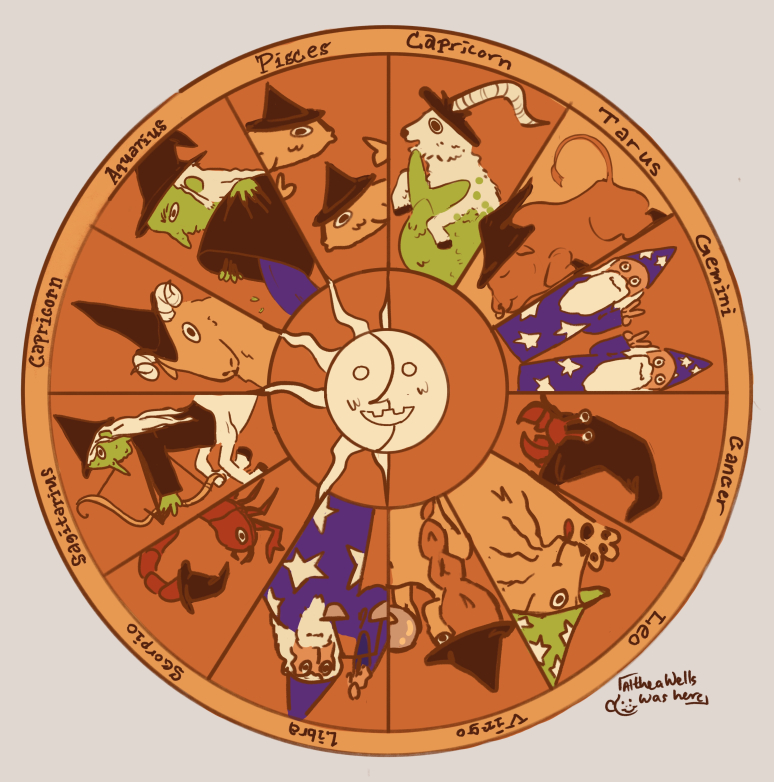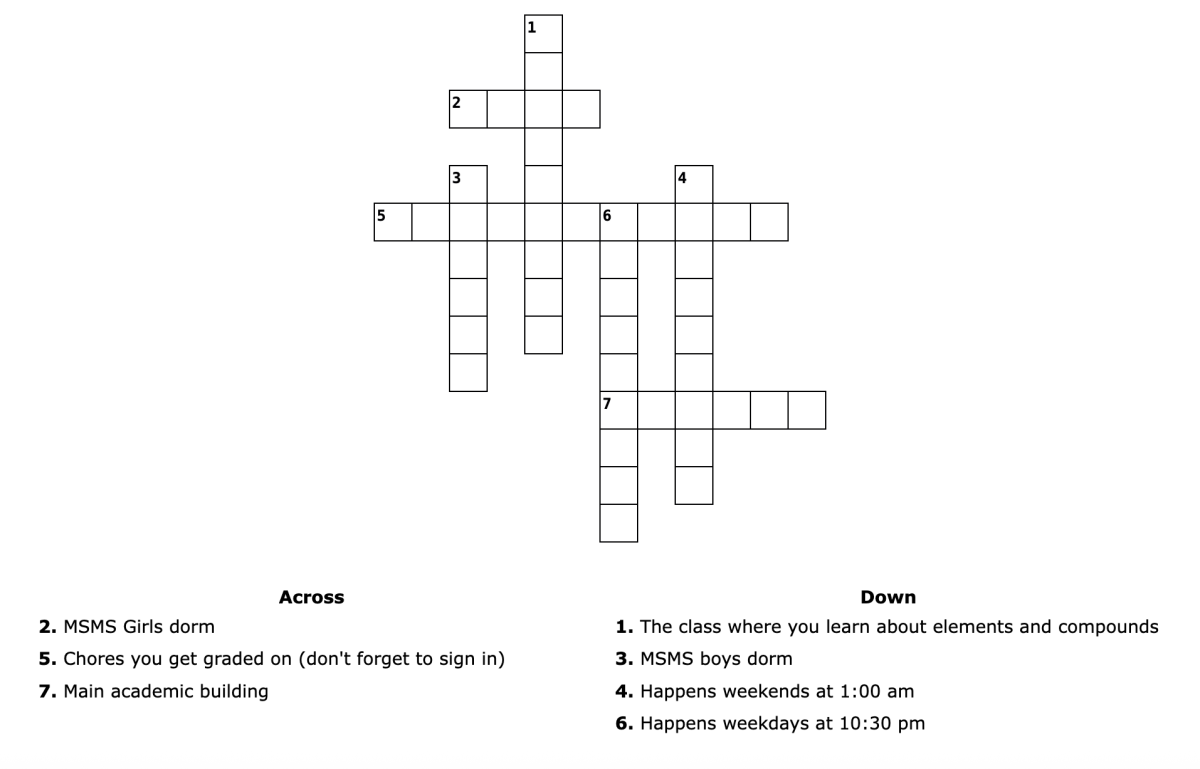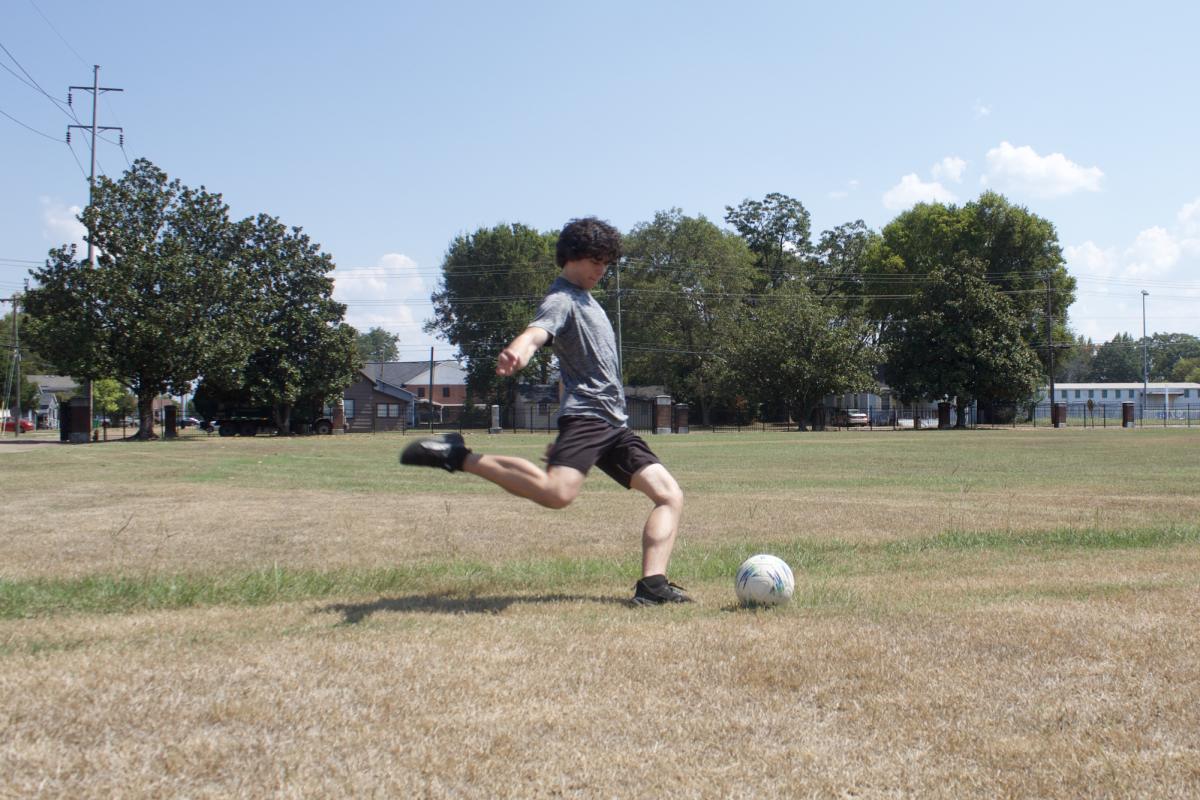Is it too much to ask that we live in the moment instead of being glued to our screens? May we stop playing roulette with every phone notification, crossing our fingers that this particular buzz is an Instagram mention and not a soul-crushing PowerSchool alert?
Social media has been shown to have harmful effects on teens, especially students already under academic pressure. As an institution committed to providing quality education for Mississippi students, does MSMS have a responsibility to prioritize the greater good by considering a ban on social media?
A report from the Pew Research Center last year reveals 96% of teenagers use the internet daily, a sharp contrast to just 20 years ago when only 10% of teens accessed the web on their cell phones. This surge in technology use has prompted numerous efforts to regulate or restrict devices and apps, particularly in educational and commercial settings, due to perceived threats they may pose. For example, the short-form video app TikTok was scrutinized for allegedly collecting user data for the Chinese government, leading to its temporary ban in the U.S.
It’s easy to vilify social media restrictions as an overreaction by out-of-touch lawmakers attempting to suppress the culture of a new generation. However, it’s equally important to consider the reasoning behind these regulations. There is some correlational evidence suggesting apps, including TikTok, may have negative mental health effects on adolescent users. These concerns raise an important question: Can social media also impact academic performance?
In a survey of 66 MSMS students, respondents revealed they spend an average of three hours on social media daily. This figure is close to the national average of almost five hours a day. Slight differences could be attributed to MSMS’s more demanding academic workload compared to traditional high schools, but there may be an alternative explanation for this figure — one I’ll cover shortly.
Nearly all students surveyed indicated they use social media primarily for leisure. With the significant time commitment of schoolwork and extracurricular activities, social media offers a convenient source of quick entertainment between classes or as a break from studying. More than half of respondents also said they use social media to stay connected with friends, using it as a communication tool when in-person interaction isn’t possible.
Given these apparent positive uses of social media, why have more than 80% of MSMS students considered taking a break from social media and more than half have actually done so?
Excessive social media use before bedtime has been linked to heightened cognitive arousal, which can delay the onset of sleep and make it harder to stay asleep. Past surveys indicate a striking 76.8% of MSMS students have reported their sleep quality has declined since enrolling at MSMS. This troubling statistic may be exacerbated — or perhaps already is — by the pervasive use of social media. Chronic sleep deprivation has been tied to a host of serious health and social consequences, including a higher risk of illnesses, accidents and a noticeable decline in cognitive abilities.
Results from a 2018 study revealed a clear negative correlation between social media usage and academic performance. Social media algorithms analyze our engagement patterns to curate personalized feeds to keep us hooked. This relentless pursuit of instant gratification often leads students to procrastinate on demanding assignments and projects. What sets this study apart is its methodology: Instead of relying on self-reported surveys, it used smartphones to track app usage and administer time diaries. This approach is necessary because surveyed users typically report 40% less screen time than they actually log. This means the MSMS average of three to four hours per day is likely just the tip of the iceberg, with the real figure potentially being much higher.
The specific effects of social media on mental health are still hotly debated, but the latest scientific evidence strongly suggests its impact on mental well-being is largely harmful. Depression, anxiety, reduced life satisfaction and a tendency toward addictive and destructive behaviors are all commonly observed consequences of social media use. These emotions often stem from comparing one’s life to the idealized versions displayed online. Over time, these seemingly minor mental health challenges can compound.
TikTok exploded in popularity in 2018, and after initial talks of potential legal action against the app two years later, competitors quickly emerged, vying to take the reins. Social media giants, including Instagram and Snapchat, launched Reels and Spotlight, respectively, which have since amassed massive followings and widespread popularity.
These platforms have proven remarkably effective at capturing an audience, as nearly 3 out of 4 MSMS students admit to watching at least an hour of short-form content daily.
But what makes short-form content so irresistibly captivating? People prefer tasks with quick rewards while putting off those where the payoff feels distant or uncertain. Social media algorithms analyze our engagement patterns to curate personalized feeds to keep us hooked. This relentless pursuit of instant gratification often leads students to procrastinate on demanding assignments and projects.
Nearly all MSMS students admit social media has distracted them from completing schoolwork, and 62.1% of respondents find short-form videos much more addictive than other forms of social media. In light of the recent controversies surrounding TikTok, just over half of MSMS students say they would be neutral or even supportive of a ban on short-form video platforms.
If social media has been consistently linked to harmful effects on students, and a majority of students wouldn’t oppose restrictions on short-form content, what’s stopping MSMS from implementing some surface-level regulations?
For starters, an outright ban on social media is neither feasible nor practical. A more measured approach, such as stricter enforcement of study hours by limiting phone use, might seem logical. However, even this would require careful consideration.
It’s also worth reiterating the effects of social media are still hotly debated. While excessive use has been linked to negative outcomes, a growing body of research suggests it can have positive impacts when used in moderation. It’s also unfair to issue a blanket condemnation of social media or short-form videos, especially when the evidence is still fresh.
At the end of the day, students have a personal responsibility to take control of their digital habits. The fleeting pleasure of scrolling through Reels can’t hold a candle to the satisfaction of conquering a challenging task. By recognizing this, students can take steps to balance their screen time and prioritize their academic and personal growth.


